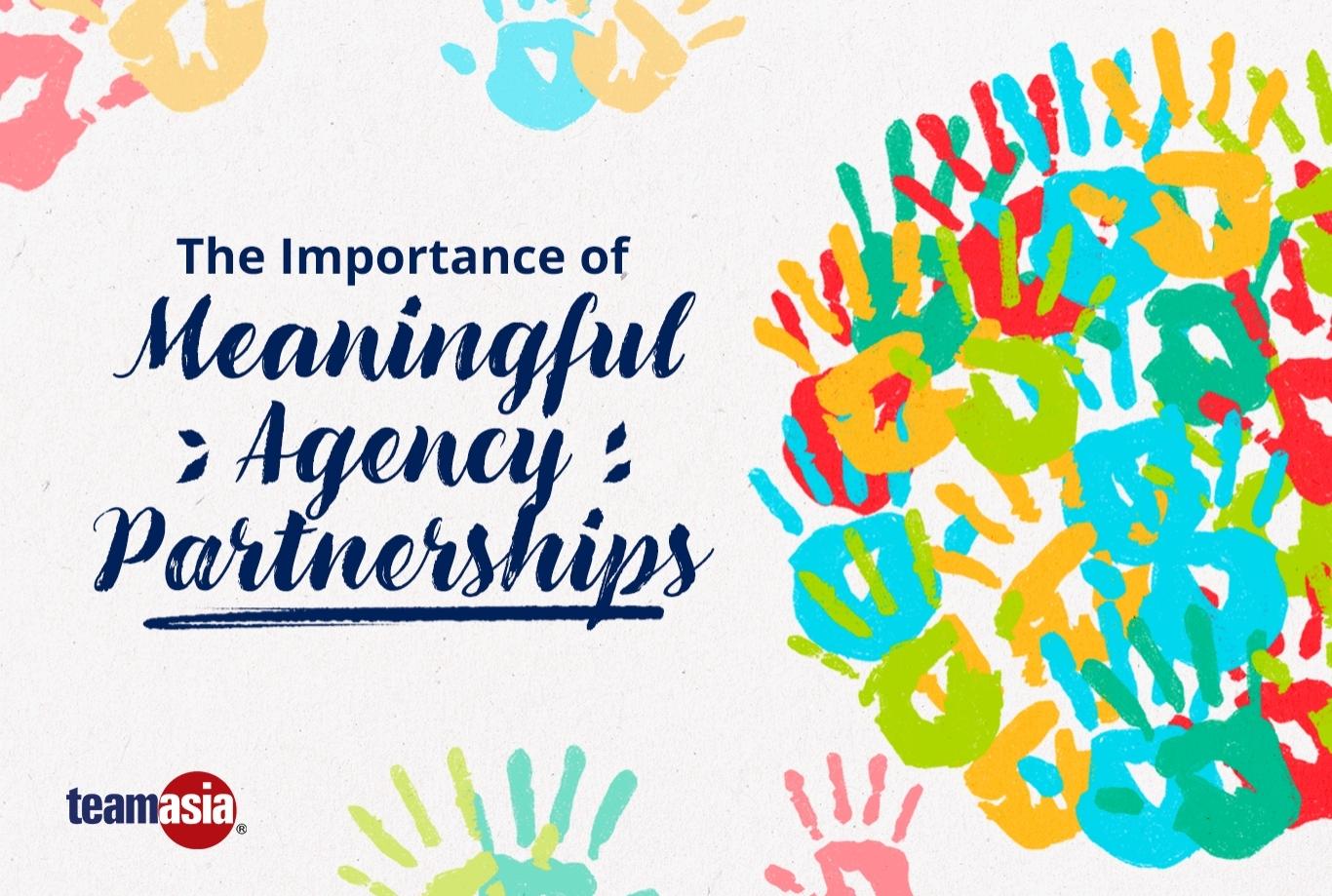BPAP: Employee Safety First for IT-BPO Companies
A large part of Luzon was inundated during last week’s surge of monsoon rains. Metro Manila, which hosts hundreds of the country’s information technology and business process outsourcing (IT-BPO) companies, was not spared.
Because flooding was widespread and persistent compared with previous storms such as Ondoy in 2009, IT-BPO firms reported an increase in the number of employees unable to report for work because of the calamitous weather conditions. The exact percentage of employee turnout, however, varies among companies and locations and isn’t yet clear.
When Malacañang suspended work in public and private offices on August 7, Presidential Spokesperson Edwin Lacierda explained in an official statement that employers in the private sector who requested or allowed employees to work must be able to ensure and be responsible for their employees’ safety and to grant premium pay.
The Business Processing Association of the Philippines (BPAP)—the umbrella organization for the IT-BPO and Global In-House Center (GIC) industry—asked member companies to ensure that their affected employees not risk their safety should they attempt to report for work that day. “Our top priority is the safety of our employees, their families, and the communities we operate from,” said Benedict Hernandez, BPAP president and CEO.
IT-BPOs implemented business continuity plans (BCP) several of which included provision of safe, shuttle transportation to employees. Employees were alerted of transportation arrangements via sophisticated communication trees using SMS, email, online portals, dedicated support hotlines, and social networks of transportation arrangements. These systems also helped confirm employees were safe and prepared to come to work.
In many instances, employees used these systems to request assistance from their employers. Companies alerted private-sector and government rescue organizations when employees required urgent assistance.
Sitel Philippines Corporation’s memo to employees issued August 7 illustrates the tone and content of these communications. It stated, “You are very much welcome to stay in our sites until it is safe for you to go home, and we have also made arrangements for accommodation for those who cannot go home yet. Food shall also be provided, and you will continue to have the assistance of your support teams.”
“We have an emergency assistance program providing various financial support, including emergency loans and an advanced payroll run on August 11 already,” said Kristina Beckendorf, Managing Director of Maersk Global Service Centers.
In an initial survey conducted by BPAP late last week, other IT-BPOs reported similar initiatives, including monetary relief for affected employees consisting of interest-free loans, 13th-month pay advances, and outright grants.
According to Hernandez, the industry—employers and employees alike—demonstrated resiliency and commitment in dealing with the impact of the severe weather disturbance. “Most IT-BPOs continued to deliver services despite the reduced workforce. Only a handful of IT-BPOs suspended operations for less than 24 hours. Even in those cases, critical service staffing was maintained,” Hernandez said.
PricewaterhouseCoopers Service Center Delivery Manila had to close their Ortigas office on August 7 in consideration of employee turnout due to the bad weather. In succeeding days, however, the situation quickly improved. On August 8, 50 percent of the staff was able to go to work while employee attendance on August 9 and 10 increased to 65 and 95 percent, respectively.
Employees who reported to work were generally able to cover for their colleagues. Other employees and their managers worked from home. Throughout the crisis, despite some outages, electrical and communications infrastructure was stable. Employees who worked on August 7 received a 30% premium on basic pay in compliance with a directive from the Department of Labor and Employment.
According to Hernandez, BPAP will conduct a review of the industry’s response to the calamity to strengthen its efforts to prioritize and safeguard the well-being of the industry’s human resources. “We’ll continue to work closely with the government to ensure employee safety, enhance disaster preparedness, and mitigate service disruption,” he said.
“Our employees over the years have shown tremendous commitment to our industry and their employers,” Hernandez said. “We are equally committed to them. We’re not just thinking about today and tomorrow, we’re thinking about the next 10 years and beyond.”
About BPAP
The Business Processing Association of the Philippines (BPAP) is the umbrella association for the IT-BPO and GIC (Global In-House Center) industry in the Philippines. BPAP serves as the one-stop information and advocacy gateway for the industry. With approximately 300 industry and support-industry members, including five associations, BPAP plays a pivotal role in sustaining rapid growth of the IT-BPO and GIC industry by working to ensure an enduring supply of high quality labor, supporting service innovation, and providing country visibility.
BPAP assists investors in setting up operations easily and quickly in the Philippines. Relevant research, introductions to key government and industry officials, and a series of briefings at each step of the investment process ensure a seamless development process. On-going support is provided through a wide variety of initiatives, including programs for HR development, business development, and on-going knowledge sharing and networking opportunities.





